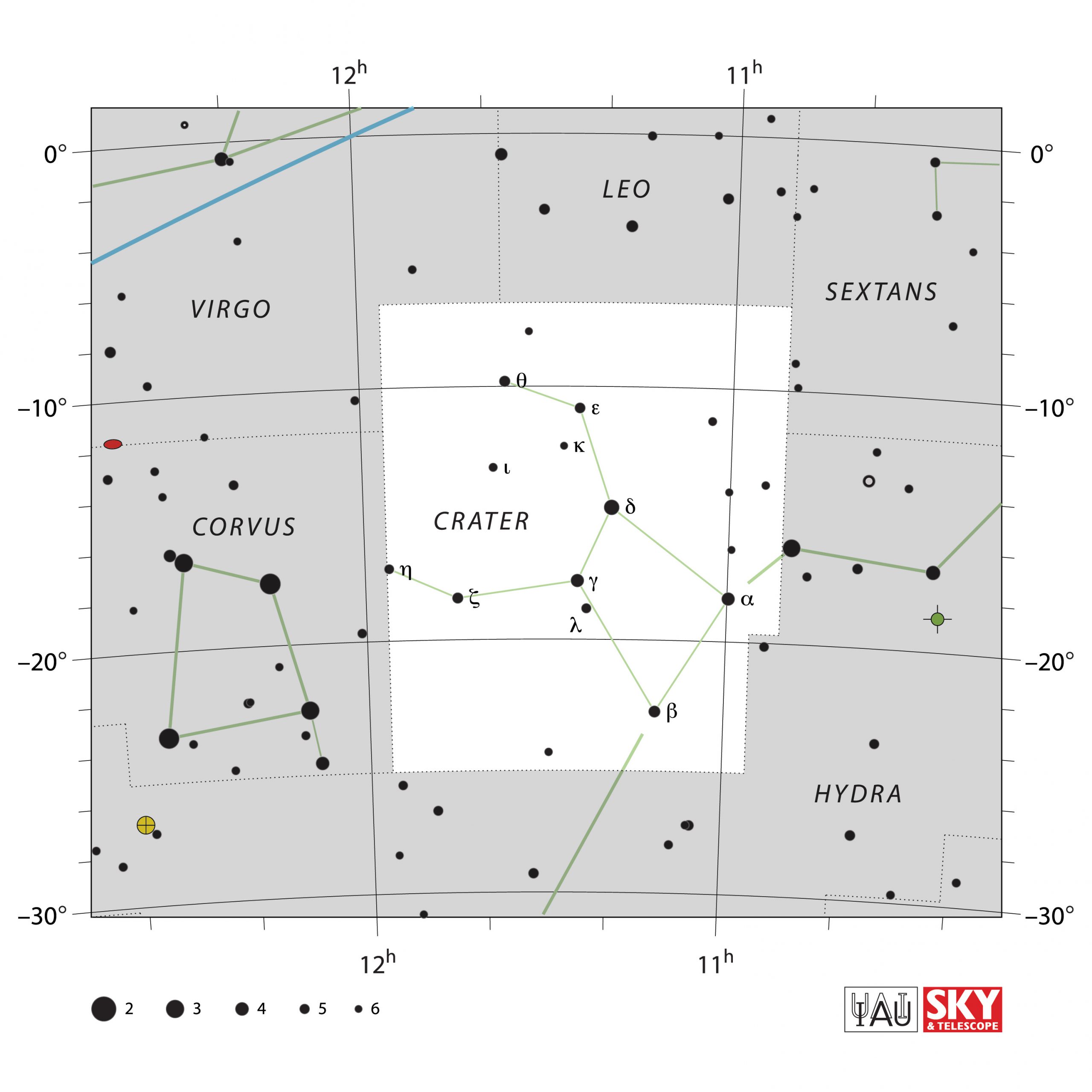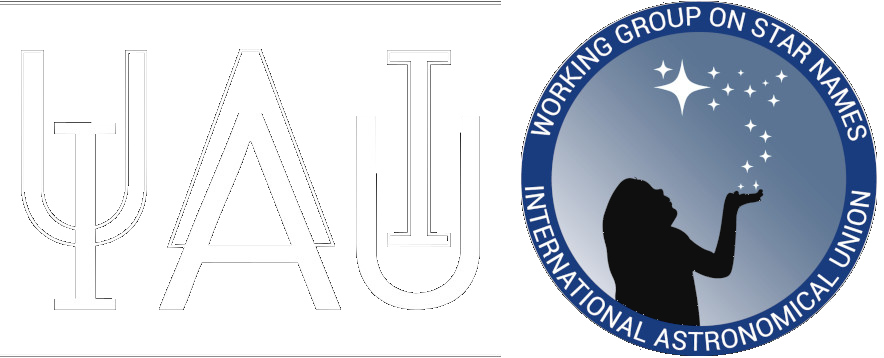Profile / Characteristics
| English translation | Latin declination and pronunciations | Size/ °² | # stars (visible) |
| the Cup | Crater – CRAY-ter Crateris – cruh-TEE-riss | 282 | 33 |
Main Star (brightest one):
| Designation | HIP number | name in IAU-CSN | brightness |
| delta Crt | HIP 55282 | – | 3.56 mag (V) |
Our (modern) Explanation
The Greek constellation of the Crater, a Cup, originated from a pun. It was accidentally created by a misunderstanding in early Greek or Minoic time when the super-constellation of Hydra+Corvus was taken over from the Babylonians. The Babylonian words for “snake” and “a vessel” (like a cup) are homophonous.
Ancient Globes
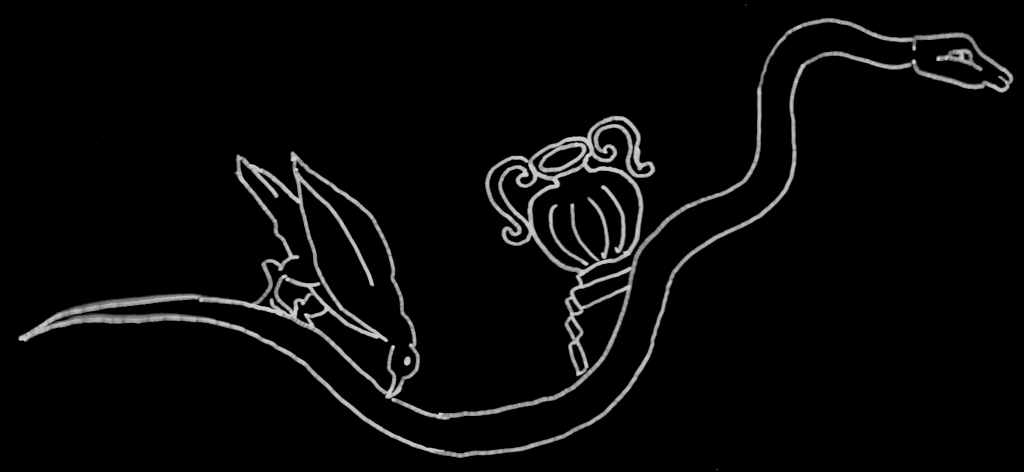

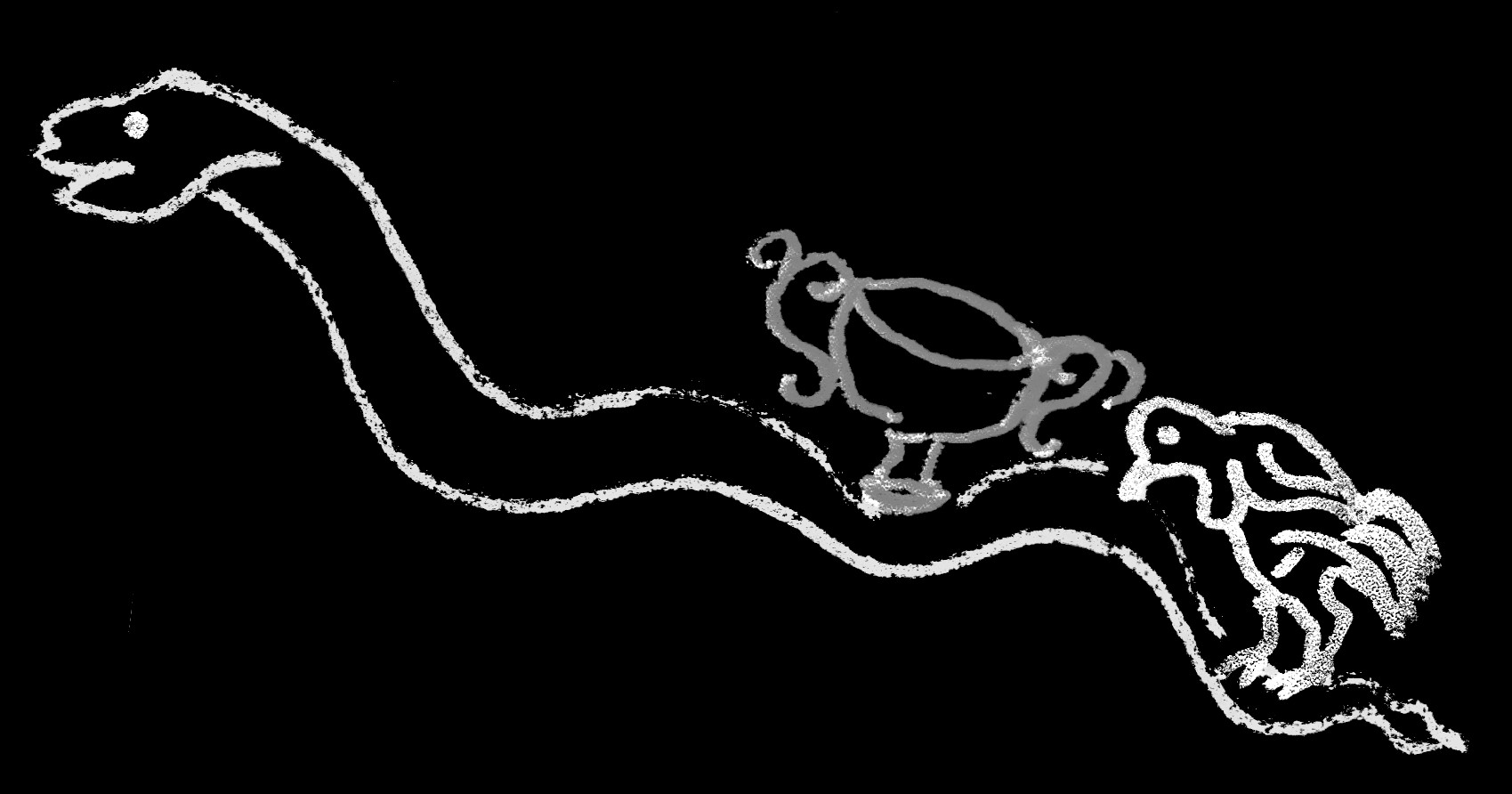
Farnese Globe
Kugel Globe
Mainz Globe
Ancient Lore & Meaning
Aratus
[448?] Midway on its coiling form is set the Crater, and at the tip the figure of a Raven [Corvus] that seems to peck at the coil. [520?] the dim-lit Crater and the Crow [600?] The Hydra rises higher as far as Crater,
Reference:
English translation by Douglas Kidd (1997).
Aratus: Phaenomena, Cambridge Classical Texts and Commentaries, Series Number 34
Pseudo-Eratosthenes
References:
French translation by:
Jordi Pàmias i Massana and Arnaud Zucker (2013). Ératosthènes de Cyrène – Catastérismes, Les Belles Lettres, Paris
English version in:
Robin Hard (2015): Eratosthenes and Hyginus Constellation Myths with Aratus’s Phaenomena, Oxford World’s Classics
Modern and Mediaeval Depiction
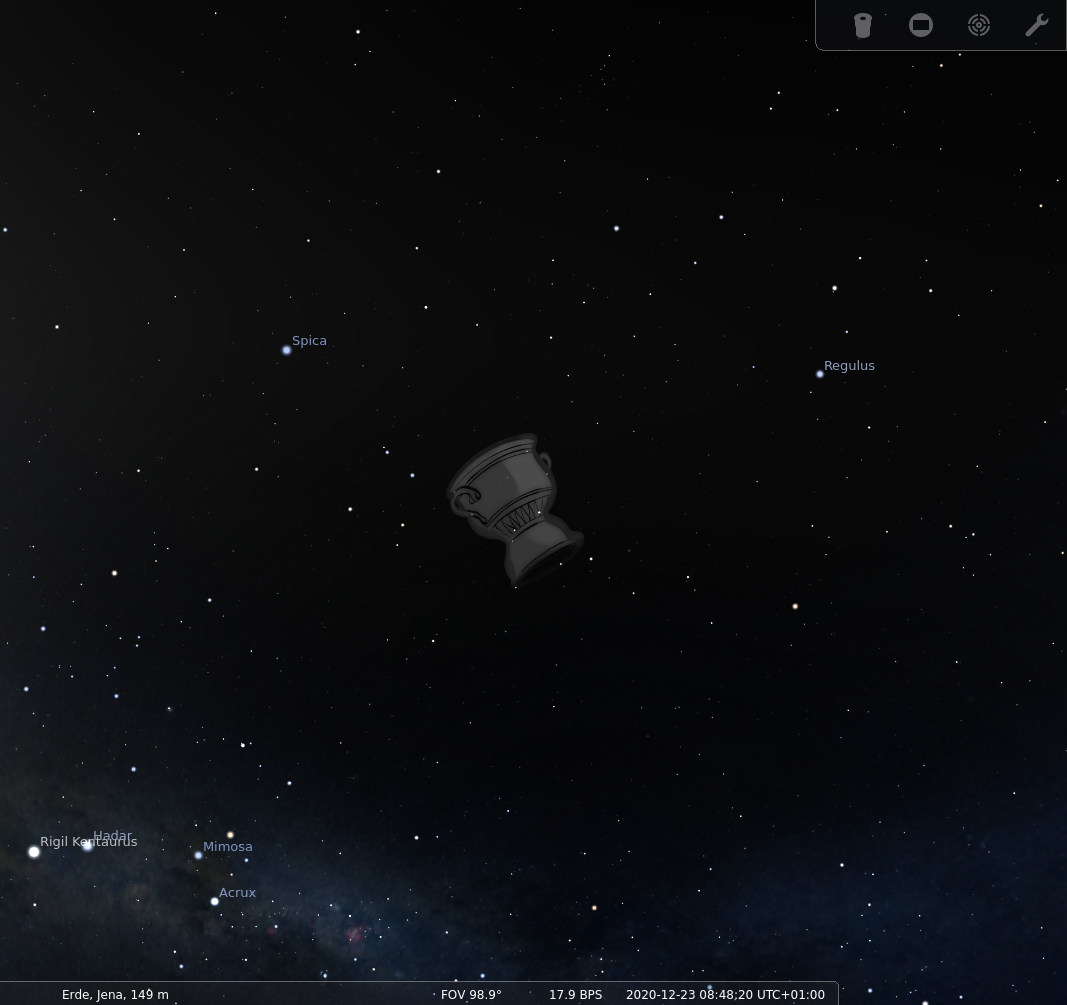
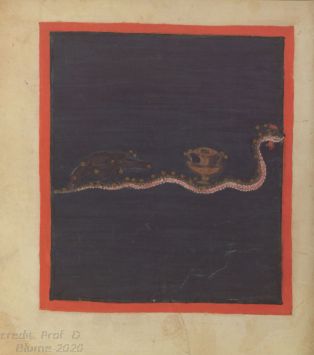
Depiction in Stellarium (by Fabien Chéreau, since 2000 CE)
depiction in the Leiden Aratea (9th century CE)
Early Modern Interpretation
Contemporary
As one of their first tasks in the 1920s, the newly founded International Astronomical Union (IAU) established constellation standards. The Belgian astronomer Eugène Delporte was assigned to the task to define borders of constellations parallel to lines of declination and right ascension. They were accepted by the General Assembly in 1928. The standardized names and abbreviations had already been accepted in 1922 and 1925.
